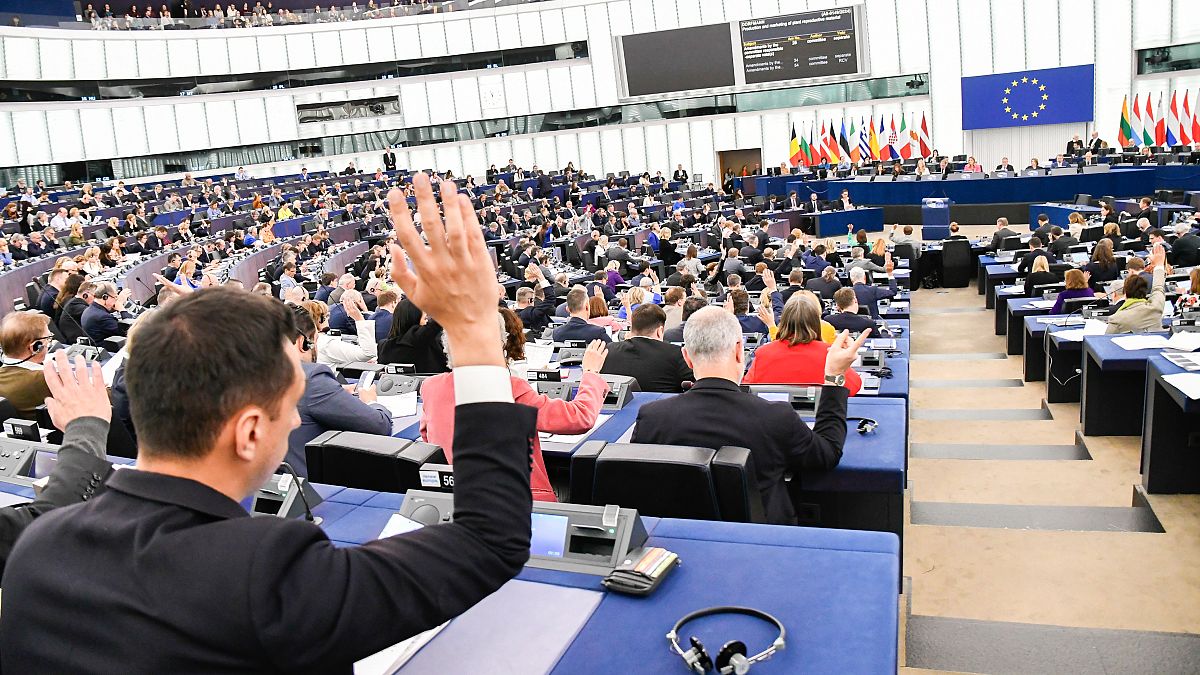The European People’s Party is beginning the group constitution season, prompting discussion on the ground rules European party leaders should follow for strategic group forming. The formation of political groups in the European Parliament is crucial for decision-making and coordinating activities among lawmakers. To form a group, at least 25 MEPs from seven member states with the same political affinity are needed. Non-attached MEPs have limited power, access to key positions, and funding. The bigger the group, the more benefits it receives in terms of speaking time, resources, power-sharing opportunities, legislative files, and EU budget funding.
Large groups also have more influence over the Parliament’s work. However, controlling a group can be more beneficial than simply having a large group. Established groups have more institutional strength, stability, and organization compared to newcomers. They are seen as more reliable coalition partners when it comes to voting for the next Commission president. Group size, control, and establishment are all important factors to consider when forming a political group in the European Parliament. Leaders must consider these factors to ensure their group’s success and influence in the Parliament.
There are specific rules and procedures governing the formation and operation of political groups in the European Parliament. To form a group, a minimum number of MEPs from different member states with the same political affinity are required. Being part of a group provides MEPs with more opportunities and resources, as well as a louder voice in decision-making processes. Group formation is important for building majorities and organizing legislative files. Established groups have more experience, stability, and are considered more reliable coalition partners.
Non-attached MEPs have limited power, access to key positions, and funding, making it essential for parties to form or join a group in order to have more influence and resources in the Parliament. Group size, control, and establishment all play a role in determining the group’s strength and influence in the European Parliament. Leaders need to carefully consider these factors when forming or joining a political group to ensure success and effectiveness in decision-making processes. Group formation is a key aspect of the European Parliament’s functioning and operations, and following the established rules and procedures is crucial for success.






























